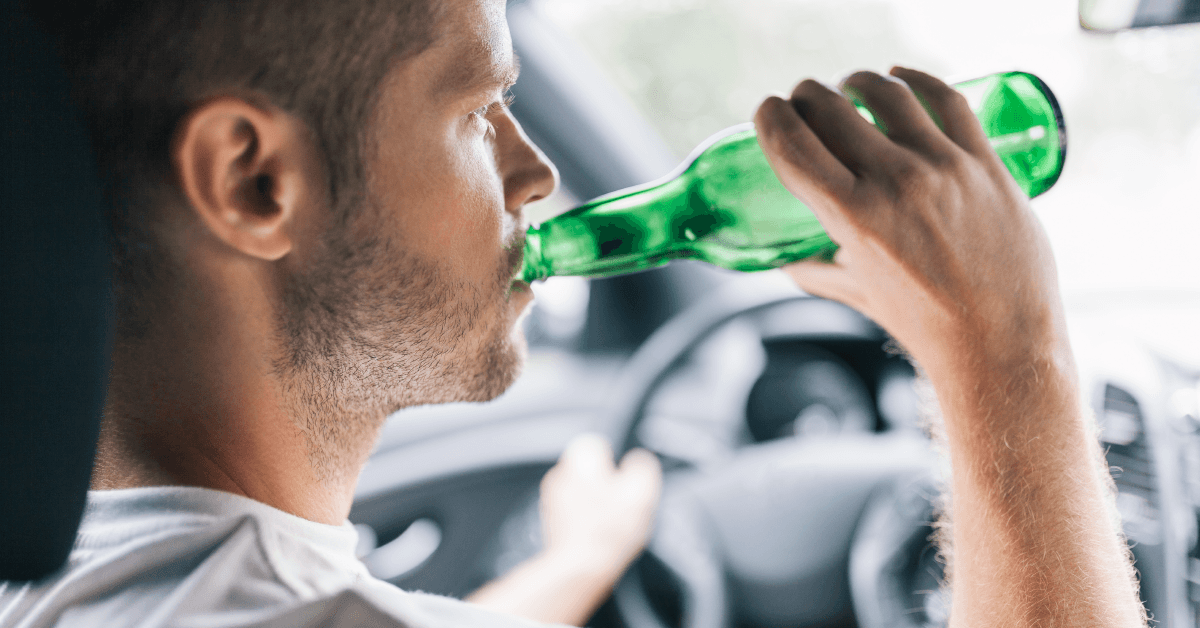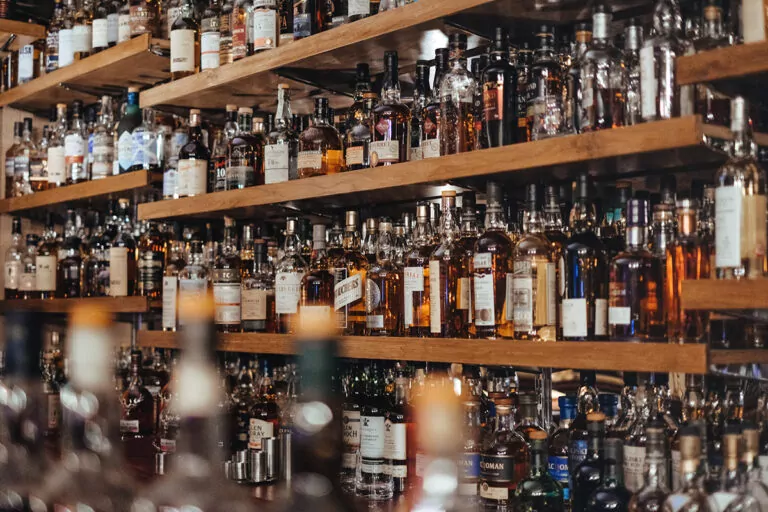When you think about a drug addict, do you think of words like courageous, resilient, and honest? These are not words that are typically used to describe someone who has struggled with addiction. Yet, recovered addicts are this and much more. The myths about addiction and the pervasive stereotypes of drug addicts hurt not only the affected individual but also their family and friends and make it harder for people to get well. One recurring question that keeps popping up is about addiction cure.
In this article, we discuss:
- What is Addiction?
- How Does an Addicted Brain Work?
- Is Addiction Really a Disease?
- Is There a Cure for Addiction?
- Polysubstance Abuse is a Growing Problem
- Addiction Treatment is Effective
- Addiction Recovery is a Lifelong Process
- Addiction Treatment: The Sooner, the Better…
- Relapse is Not a Failure
- Recovery Can Improve Resilience
- Getting Addiction Help
What is Addiction?
Addiction, also known as substance use disorder (SUD), is a condition that changes the circuitry of the brain as it interferes with areas in the brain responsible for reward, motivation, learning, judgment, and memory. In this condition, an individual develops a dependence on one or more substances, continued use of which can have serious health and social consequences.
Addiction to drug or alcohol use can become severe and cause problems in day-to-day life at home, school, or the workplace. It can even impact relationships negatively and cause the affected individuals to have run-ins with the law due to maladaptive and destructive behaviors.
How Does an Addicted Brain Work?
Addiction changes the brain’s structure and interferes with its communication system, affecting how nerve cells send, receive, and process information. The brain’s reward system, which gets activated by activities we enjoy, releases a chemical called dopamine. When we take drugs or alcohol, especially in an uncontrolled manner, it increases dopamine production. drug or alcohol addiction releases dopamine in extreme amounts, affecting our behavioral health. Dopamine not only makes us feel good but also trains the brain to repeat behaviors. Triggers can fuel cravings and activate the reward system, establishing habit loops. When drugs are used for prolonged periods, they can decrease dopamine production, making us enjoy our favorite activities less.
When addiction impacts the brain function, your willpower declines, too. Any attempts to quit substance use will trigger intense withdrawal symptoms, and your brain will incite you to take action and stop the cravings by taking some more drugs or alcohol.
Is Addiction Really a Disease?
Researchers at most medical associations, including the American Medical Association and the American Society of Addiction Medicine, define addiction as a chronic disease of the brain. Just like heart disease affects the functioning of the heart and diabetes affects the pancreas, addiction is a brain disease that impairs brain function.
According to mental health experts, addiction is caused by a combination of behavioral, psychological, environmental, and biological risk factors. They also believe that the genes of parents who struggled with addiction can also be a contributing factor. The National Institute on Drug Abuse (NIDA) indicates a 60% chance of developing a drug addiction if addiction runs in your family. Moreover, if a person grew up taking drugs up to the age of 25 years (when the brain is still developing), chances of addiction and lasting damage significantly increase. If left untreated, an addiction can lead to other emotional and mental health conditions.
Is There a Cure for Addiction?
Can a condition like high blood pressure be cured? No, but it can be successfully managed with the proper treatment. The treatment needs to be lifelong. And there can be relapses. For example, if a person with hypertension stops taking their medication or starts eating a high-salt diet, their blood pressure numbers might climb back up. To keep their blood pressure under control, they’ll have to commit to eating a low-salt diet and taking their blood pressure pills. Without effective treatment, the disease of hypertension could lead to a host of health complications and even death.
Addiction is no different. It is a disease that can be treated. But it takes a lifelong commitment to stay clean. An addiction cure is a myth. Just like cancer, diabetes, or high blood pressure, addiction can be managed with proper treatment programs that often begin with detox and can include interventions like cognitive behavioral therapy (CBT), family therapy, and more. But no miracle drug is a foolproof addiction cure. And no treatment can guarantee a recovered addict will never relapse.
Polysubstance Abuse is a Growing Problem
At one time, addiction experts believed that people had one drug of choice and stuck with it. Over time, polysubstance abuse (the concurrent use of three or more different classes of drugs) has become more common. For example, some addicts combine cocaine and heroin, a practice called speed-balling, to create an intense high. Others use additional drugs to counteract the undesirable effects of the primary substance of abuse (for instance, some people use alcohol to counteract the comedown from stimulants).
Do you have a loved one struggling with addiction?
We know how hard that can be. Give us a call to find out what options you have.
The increasing prevalence of polysubstance abuse underlines the fact that addiction cure is a myth. The multiple drug interactions that occur in polysubstance abusers are difficult to treat, let alone cure. However, polysubstance abuse can be successfully treated and addicts can achieve long-term abstinence.
Addiction treatment is effective
Studies show that 70 percent of alcoholics who engage in addiction treatment for six months or more can achieve abstinence to lead a drug-free life. Similarly, drug abuse treatment has a 50 to 60 percent success rate for lifelong sobriety. These numbers are better than many chronic diseases that require lifelong management. Yet, there’s an expectation that addiction treatment should be “one and done.”
There’s no cure for addiction, but this does not mean that it’s the end of the road for an individual struggling with substance abuse. Addicted persons do not have to die from their disease, i.e., addiction. They can live long, healthy, fulfilling lives. Experts agree that despite there being no addiction cure, the disease can be effectively reversed through medications, therapies, and support programs available at treatment centers.
Addiction Recovery is a Lifelong Process
Recovery from drug addiction does not happen overnight. It’s a long process that frequently involves setbacks. The fallout of believing in an addiction cure is that a relapse is seen as the end. In other words, people have a misconception that because the treatment didn’t work once, there’s no point in trying to get help again. This can be dangerous and can lead to severe health complications and death from overdose. The truth is that setbacks are common during drug abuse recovery. A relapse is a sign that the person needs adjustments in treatment or a different treatment approach.
Addiction Treatment: The Sooner, the Better…
Another myth related to addiction cure is that addicts have to hit rock bottom before they can start the process of recovery. In truth, recovery can begin at any point in the addict’s substance abuse history. The sooner, the better, because the longer substance abuse continues, the harder it becomes to kick the habit. Sometimes, treatment is not voluntary and an addict needs to be pushed into getting help by their family, employer, or the legal system.
Relapse is Not a Failure
When a person with a chronic, progressive disease like diabetes relapses and has a recurrence of symptoms despite aggressive treatments, doctors prescribe more treatments or different treatments. Yet, if an addicted person relapses, society often blames them for a lack of willpower. The underlying reason is that people mistakenly believe there’s an addiction cure. So, when a person relapses, he or she is held responsible and called a failure.
A relapse of addiction is no different than a relapse of cancer. It’s not the affected individual’s fault. It just means the addiction treatment needs to be adjusted or the person needs to try different strategies to get back on track.
Recovery can Improve Resilience
There’s a widespread belief that a previous substance use disorder increases the risk of developing a future drug addiction. But the opposite can also be true. Studies have shown that people who have recovered from substance abuse have less than half the risk of developing a new addiction.
The skills, motivation, and coping strategies learned during recovery can protect them from developing a new substance use disorder. There is no addiction cure but recovered addicts have a “recovery toolbox” they can rely on to navigate life’s challenges. For example, recovered addicts know when to ask for help, such as in stressful situations that can trigger drinking or drug use.
Getting Addiction Help
Even though addiction cure is a myth, addiction treatment has far-reaching benefits. The important thing to remember is that treatment for substance use disorders is not a one-shot deal. Drug addiction is a chronic disease, and most people require long-term inpatient and outpatient treatment in the care of medical professionals and, in many instances, repeat treatments to stay sober. Treatment will typically involve the use of the detoxification process, prescription drugs (e.g., methadone, buprenorphine, naltrexone, and methamphetamine), and therapies like psychotherapy, cognitive-behavioral therapy, and counseling programs to treat addiction. Thinking of a stint at drug rehab as an addiction cure is harmful because it prevents addicts from getting the additional help they may need.




